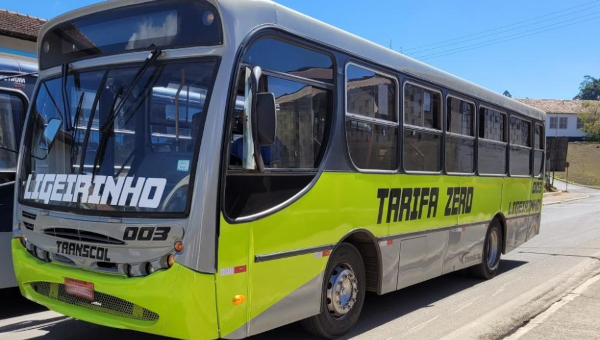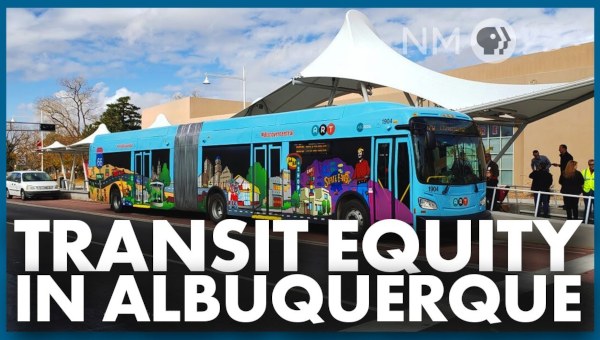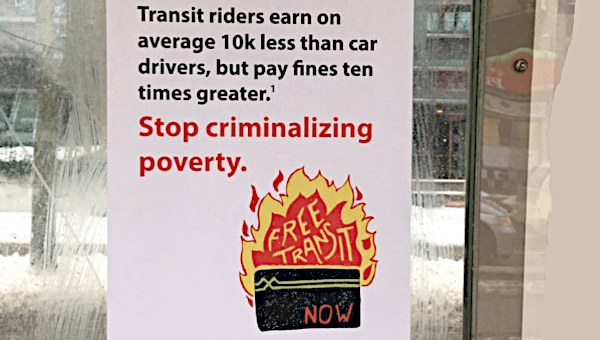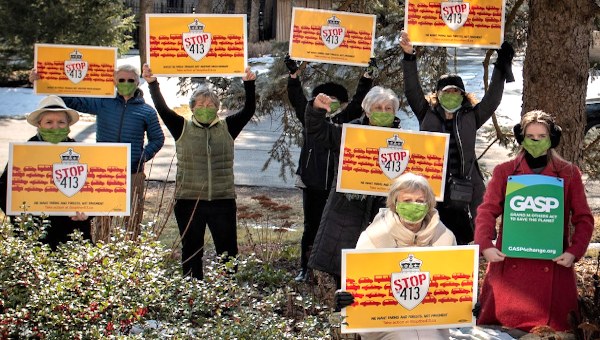The entire Canadian urban public transit system is in serious crisis after years of neglect and underfunding from the neoliberal policies adopted by all levels of government in Canada. This is compounded by Canada’s singular lack of a national transit strategy – a stunning example of the utter backwardness of the Canadian state system and the stifling political hegemony of the capitalist classes. The consequences are seen everywhere: some of the longest commute times in North America are in Canada’s major cities; the dominance of the car in the regulation of urban life; the lack of any serious effort to address carbon emissions; suburban sprawl that has produced some of the world’s largest cities in terms of geographical spread; and the complete absence of anything like ‘just mobility’ as part of the ‘rights to the city’ for all citizens.

Transit commissions across the country are holding meetings to deal with their coming budgetary allocations. On November 18th and 20th of the past week in Toronto, these issues were again placed before the Toronto Transit Commission (TTC) Board in determining their budget and operations for the coming year. And once again, transit users were faced with increasing fares for declining services. No long-term sustainable plans for unavoidable transit expansion is yet in place. Ultimately, the TTC Board voted to increase the cost of individual tokens (Toronto, astonishingly, still lacking an electronic pass system) by 5 cents and the monthly Metropasses by over $5.00. The Board did, however, agree to request that: the city substantially increase the amount that it subsidizes the TTC per rider; the province reintroduce regular funding for the TTC at the historical levels; and the federal government initiate a National Transit Strategy.
The Board also directed the TTC chair and senior staff to meet with the TTCriders to “discuss and consider potential joint advocacy efforts for sustainable and consistent operating subsidies from senior levels of government.” This also meant requesting the province and federal governments “consider providing financial support and/or incentives” for passes for seniors and those on social assistance. Surely a case, once again, of one step forward and two steps back for Toronto public transit.
Transit Users Contest the Fare Increases
As part of the TTC budgetary hearings, over 25 people were scheduled to make deputations
to the Board (made up of elected city councillors and four “citizen” appointees). The key deputations revolved around challenging the proposals made by TTC staff to raise fares in the coming year, as part of their plans for the 2014 operating budget.
The TTCriders, an organization of public transit users and advocates, organized a group of deputations. They were mobilized around a campaign to demand annual funding of $700-million for the operations of Toronto public transit from the province. There has been no steady funding since the provincial Conservative government of Premier Mike Harris ended them in 1995. The service demands were quite basic: a general reduction in fares with low-cost passes for seniors and those on low incomes, and a general increase in service. Some of the deputations came from a group of Chinese senior activists pushing for free fares for seniors, and the Fair Fare Coalition, a group of activists working with people in poverty, demanding low income passes. The Free and Accessible Transit Campaign of the Greater Toronto Workers’ Assembly also was part of the deputation process, working as part of the TTCrider coalition.
As a socialist, a member and one of the founders of the Free and Accessible Transit Campaign and an activist in the TTCriders, it’s clear that public transit is one of a number of services that should be a right of all people. It is a collective resource that allows working-class people to have access to mobility, necessary for key aspects of social life, not just getting to and from work. Accessing public transit requires reduced, and ultimately free fares, as well as a collective voice in how and where it is built. Making public transit serve all segments of the working-class involves issues of collective investment, housing, jobs and a series of deeper and more fundamental questions.
Stopping the runaway train of increasing user fees – fares – is a central building block in transforming public transit and our relationship to it. •
Deputation:
The Case Against Fare Increases
My name is Herman Rosenfeld, I’ve lived in Toronto since 1976. I am a retired Canadian Auto Workers National Representative and auto worker. I am a member of the TTCriders, the Fair Fare Coalition and the Free and Accessible Transit Campaign.
I want to oppose the proposed fare increase, which is unnecessary and will harm the TTC and public transit in this city. It moves our already underfunded transit system backwards, putting difficult burdens on those who can afford it the least, reinforcing the user-pay features of a payment system that stands out as the most regressive in North America.
Increasing the costs of tokens and either cash or Metropass fares makes our system more dependent on what users have in their pockets – further punishing those who need transit to take their kids to recreation programs, school, doctor’s appointments, and to often multiple jobs that don’t pay a living wage (many points poignantly described in the city’s board of health report). And, it deepens the already deep wedge placed between those who can’t and those who can afford to pay fares for public transit, increasing the frustration of the former, and reinforcing indifference in the latter.
As others have or will point out, the city’s contribution to public transit has been frozen or limited since 2010, as the number of riders has steadily increased. The contribution per rider has declined from $0.93 in 2010, to $0.79 in 2014 (as proposed); It is the lowest subsidy in the U.S. and Canada. And, when placed beside the reliance on fares (up around 70%) for the funding of the TTC operations, it is shameful – not a badge of pride, but a note of shame, a contribution to the destruction of our collective capacities and a rejection of elementary principles of social justice and fairness.
Public transit should be a social right. It is not a “purchase” of a commodity, but access to a key right of social participation, necessary for life.
Increasing its costs for individuals places undue burdens on the rising numbers of working people (and of those, many currently on forms of social assistance) in this city who have seen their incomes decline. As well, let’s be honest – this is part of a plan to regularly raise fares, and while the TTC Budget Report crows about keeping those raises below inflation – this is a perspective that insists on maintaining the current regressive imbalance of funding between user fees and collective funding through governments.
Keeping the rate of subsidization low, also starves the system of resources that can improve accessibility (in key ways):
- TTC fares can be frozen and reduced – with further ample relief provided to
low-income transit users through subsidized passes and free access on
extreme heat and cold days. This can be done through progressive forms of revenue generation, and different levels of government paying their share: (note: every successful transit system in the developed world includes contributions from their central and provincial or state governments – except Toronto). - The city’s subsidies can be increased to the level they used to be in 2010.
- The city can find the money in a number of ways: increasing the already low business
property taxes; redirecting surpluses generated into the TTC operating budget, rather than plowing them into debt reduction, and other ways. The recent and rather swift 1.65% increase in property taxes to pay for the Scarborough RT replacement reflects a reality that we all know to be true: that if there is a political will, many things are possible. - The city must demand that the province once again provide regular subsidies for public transit in the province’s and the country’s largest city. With the overall TTC budget at $1.5-billion, $700-million per year from the province could fund fare reductions, along with deeper cuts for those with low incomes, and increasing services in critical areas.
We all know that the Provincial government is particularly vulnerable to political pressure at this time – and I don’t mean discrete notes and formal declarations – but real, public pressure to pay for the operation of public transit.
I ask: “When has this board raised that demand with the province as a public issue?” To its credit, the TTC staff has.
In the context of a rather interesting set of debates about transit expansion – an exercise we have all just gone through – we have to stand up and re-introduce our longstanding demand that the province pay its share of Toronto’s transit needs.
I urge you to reject the proposed fare increase and instead, increase TTC funding through other means. •





